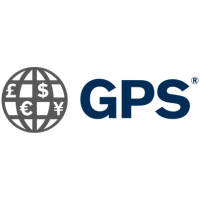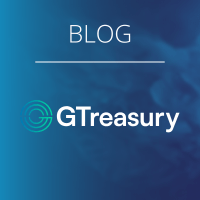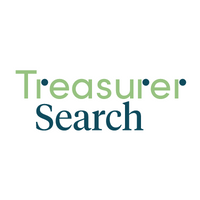When I’ve talked to executives about how they run their companies, the consensus is there’s a mountain of difference between how to approach a small business’s operations versus a sprawling multinational’s. However, there’s one important exception to the rule, and it’s what we’re going to discuss in this blog: When it comes to doing business in multiple markets—no matter the details—all companies face foreign exchange exposure.
How well a business assesses, forecasts, and manages fluctuating costs across currencies could be the difference between sinking and swimming. At GPS Capital Markets, our expertise is in predicting how these dynamic interactions will impact your company, and we even provide free FX exposure assessments. Take a look at these four ways you can start understanding your exposure.
1. Identify what types of foreign exchange exposure types your company faces
Treasury and finance professionals working to document and understand FX risks classify different types of exposures to track and mitigate them. Ultimately, the more data you can collect about these dynamics, the better you can optimize over time.
- Transaction exposure: When a contract is billed in a foreign currency, transaction exposure is the potential difference between the initial and final cost after currency fluctuations.
- Translation or accounting exposure: This happens when a firm denominates a portion of its equities, liabilities, assets, or income in a foreign currency.
- Economic exposure or operating exposure: This occurs when cash flows are impacted by currency fluctuations. Treasurers can use a variety of advanced techniques to mitigate this risk.
- Contingent exposure: This is exposure determined by timing and dependencies in contract creation.
- Competitive exposure: Exposures tied to competitive risk fall into this category. More complex than other FX exposures, planning and expert advice can help determine these.
Not all companies will face these exposures, but as a company grows, its FX risk can become more nuanced and bring different dynamics into play. GPS’ 360 Approach is centered on personalized advice that takes all exposures into account—next using our expert FX advisors to develop interlocking techniques to mitigate risk.
2. Gather data about relevant markets and currencies
Depending on how long you’ve been working at your company and how large/complex its operations are, it may be difficult to tease out the financial dynamics happening in each subsidiary. The most successful treasury professionals will be able to audit payments and transactions and find ways to consolidate or refine overall processes to save money or time. All refinement or optimization—the buzz word of the decade—begins with accurate data collection that can later translate into advanced analysis, visualization, and reworking of processes to mitigate FX exposure.
Data aggregation tools, like GPS’ FXpert platform, keep track of your company’s activities across markets. This makes it easier to see exposure and create actionable plans for reduction of risk. With a complex view, different supply chain, acquisition, or payment procedures can be developed.
3. Standardize processes to report and learn from company expenses in different markets
If each of your subsidiaries does reporting differently, it can be difficult to get to a single point of data truth to understand exposure. Combine this with different operating languages, currencies, vendors, and lines of business, and you can get yourself into a big mess. Determining FX exposure, especially in a complex manner over many years, is most successful when you have all your ducks in a row and operate in a uniform manner. With FXpert, you can standardize payments with intercompany netting and report on all your transactions to meet regulatory requirements in one place.
4. Optimize your FX exchange behavior with advanced tools and advice
Trying to assess FX exposure on your own, even with an experienced in-house team, can prove too much for a treasury professional to handle. Whether your operation is expanding into new markets or acquiring subsidiaries with different transaction practices or software, bringing in experts who deal exclusively in FX covers your decisions and provides new ideas. Having seasoned experts available 24/7 and ready to help with any FX question provides peace of mind and the ability to get second opinions on any hedging strategy.












